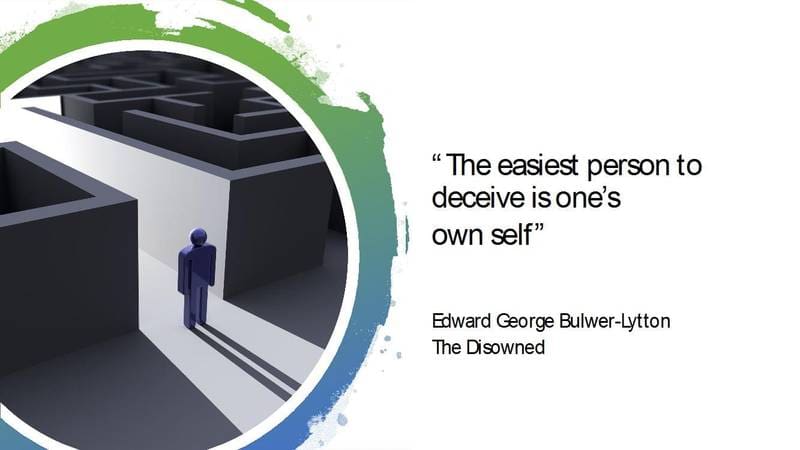When I was a child, I used to look forward to the summer vacations; when I would go and stay with my grandmother. In addition to being spoilt by my uncles and aunts, the highlight of those 20 days used to be the evenings, when lying down on light mattresses on the roof under the open sky, my grandmother would tell us stories. The long evenings would stretch pleasantly as I would be transported to the world of kings and queens through those stories. More than 50 years have passed since I lay down in my grandmother’s lap to listen to those stories. However, what I remember vividly was the fact that every King had a Court Jester. The most interesting stories would be about a complex situation faced by the King and the Court Jester providing an innovative solution which made me laugh, as well as learn a lesson. The Court Jester fulfilled an important role of providing critical and valid feedback to the King and help him become more self-aware. The Jester provided that feedback without any fear, with a clear understanding that this feedback will be taken positively by the Jing and no harm will come to the Jester.
As the CEO / MD / Owner or senior leader do you have a court jester in your team?
If not, you, may be missing out on the critical feedback which would help you become a more effective leader.
Self-awareness is one of the five facets of emotional intelligence with the others being Self-Regulation, Social Skills, Motivation and Empathy. Self Awareness as it is the foundation of emotional intelligence and we should start with attempting to become as self-aware as possible.
As per Daniel Goleman, the author of the famous book “Emotional Intelligence”, Self-Awareness is the ability to understand your own emotions and their effects on your performance.
Being Self Aware helps you understand what you are feeling, why you are feeling so and also provides you a reasonably accurate understanding of how others experience you. It also helps you in identifying the triggers which upset you or make you angry.
Once you are aware of what is happening you can take steps to control or manage your emotions which is Self-regulation.
There a number of ways in which you can become self-aware. From understanding your trigger points; about what bothers you about some people, to writing down the sequence of events of an incidence, when you lost control. But the one which I found to be most effective is of seeking and accepting feedback. There is a very famous saying which say that “Feedback is the breakfast of champions”.
Why is feedback considered so important in the development of an effective leader?
Authentic feedback provides you with a very clear indication of how you see yourself and how others perceive you thereby increasing self-awareness. This difference in opinion provides you with objective data, on which you can work on, to close the gap between how you see yourself and how others see you.
This feedback could be in terms of your reaction to a crisis, your behaviour with a team member or customer or how you came across as aggressive, when you thought you were being assertive.
So, taking a cue from the Kings of yore, develop or empower your own version of the Court Jester in your team. Someone who can tell you how things are rather than what you want to hear.
Improving self-awareness is the first step in becoming an emotionally intelligent and effective leader.


